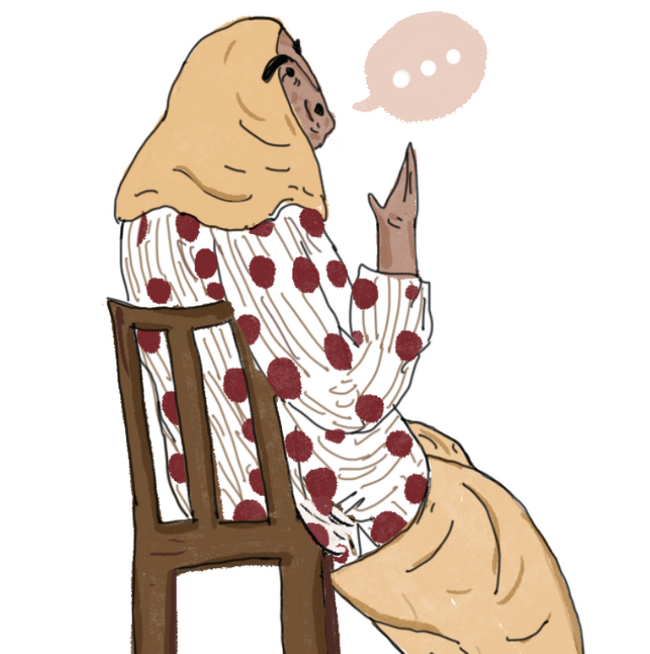
Recognize and Respond to a Seeker’s Understanding of Care
All the strands that make up the idea of health for seekers should be acknowledged and considered during the course of their health journey
Strands of Health §
Project ARC found that individuals’ perception of their health was expansive and went beyond their physical health and the presence/absence of disease. Participants identified multiple components of health, which we see are interwoven ‘strands’: financial, emotional, spiritual, social, environmental, and physical. Health-seekers often have to make difficult decisions and trade-offs between their health strands to receive physical health care.
Being healthy does not only mean good physical health. If a person goes through mental pressure, then he or she cannot be called healthy. If he is healthy in all aspects, mentally, physically, economically, only then can we consider him to be in good health.
57y COVID-19 patient with comorbidities 🇧🇩
People here work in the agricultural fields, markets etc. They will not waste their time going far to get a vaccine. If they have to go far, they will need more money, they will also lose wages for that day as they cannot work and earn. For this reason they are not interested.
🇧🇩 Respondent from the community FGD
While health seekers subscribe to an expansive view of their health, the health system is often singularly focused on physical health. As a result, for health seekers, a number of prescribed preventive and curative advisories and treatment regimens can appear out of sync with their own perception of what is good for their health.
Over several interactions with the health system, which may appear to many health seekers as ignorant or dismissive of their other strands of health, trust in the system erodes, leading to poor health outcomes for health seekers.
A person who has a food shortage can bear that suffering, but nobody came to help when someone died. That caused an unbearable mental crisis.
🇧🇩 Respondent from a community FGD, reflecting on the impact of social distancing and burial protocols
Health and wellness education is one of the things that Xolile and her community in Kwazulu Natal would love to have access to. Xolile prefers the private healthcare system over the public one because of long waiting times and the poor service of the public system, but during COVID, she discovered that “even pharmacies were running out of vitamin tablets and essential oils.”
If community healthcare workers came around and educated people on how to live in a global pandemic, and what to do when they are infected, we would be better prepared and safer.
🇿🇦 Health seeker, Kwazulu Natal
Integrating the Strands of Health in Care §
In line with the ever-growing understanding that social determinants of health heavily impact health outcomes, employing a more expansive view of health and integrating this into design can enable individuals to make fewer trade-offs between the different facets of their health and therefore increase their engagement and satisfaction with care. For example, digital care platforms could include screening questions on the health strands to help providers tailor care plans to meet health seekers’ more holistic needs. The financial trade-offs health seekers have to make could be alleviated through digital solutions, such as online appointment booking or digital queuing systems, rather than having to queue all day and miss a day’s wages; digital return of lab tests could alleviate the need for unnecessary return visits. Digital platforms can also be leveraged to connect social service providers to each other and share patient data to facilitate referrals and continuity of care.
Provocations §
-
How might we sensitize providers to consider the overall health of a person, in order to provide the most effective care
-
How might we imagine cost-effective ways of extending the focus of health care providers beyond physical healthcare and to the other strands of health to ensure that healthcare journeys are viable and satisfactory for health seekers
-
How might we leverage non-experts in healthcare provision to address necessary strands beyond physical healthcare
-
How might we leverage phygital tools and services to provide health seekers and their care networks the necessary tools to assist them in making difficult tradeoffs between their health strands when necessary for healthcare
-
“Social determinants of health.” n.d. World Health Organization website. Accessed August 29, 2022. https://www.who.int/health-topics/social-determinants-of-health#tab=tab_1